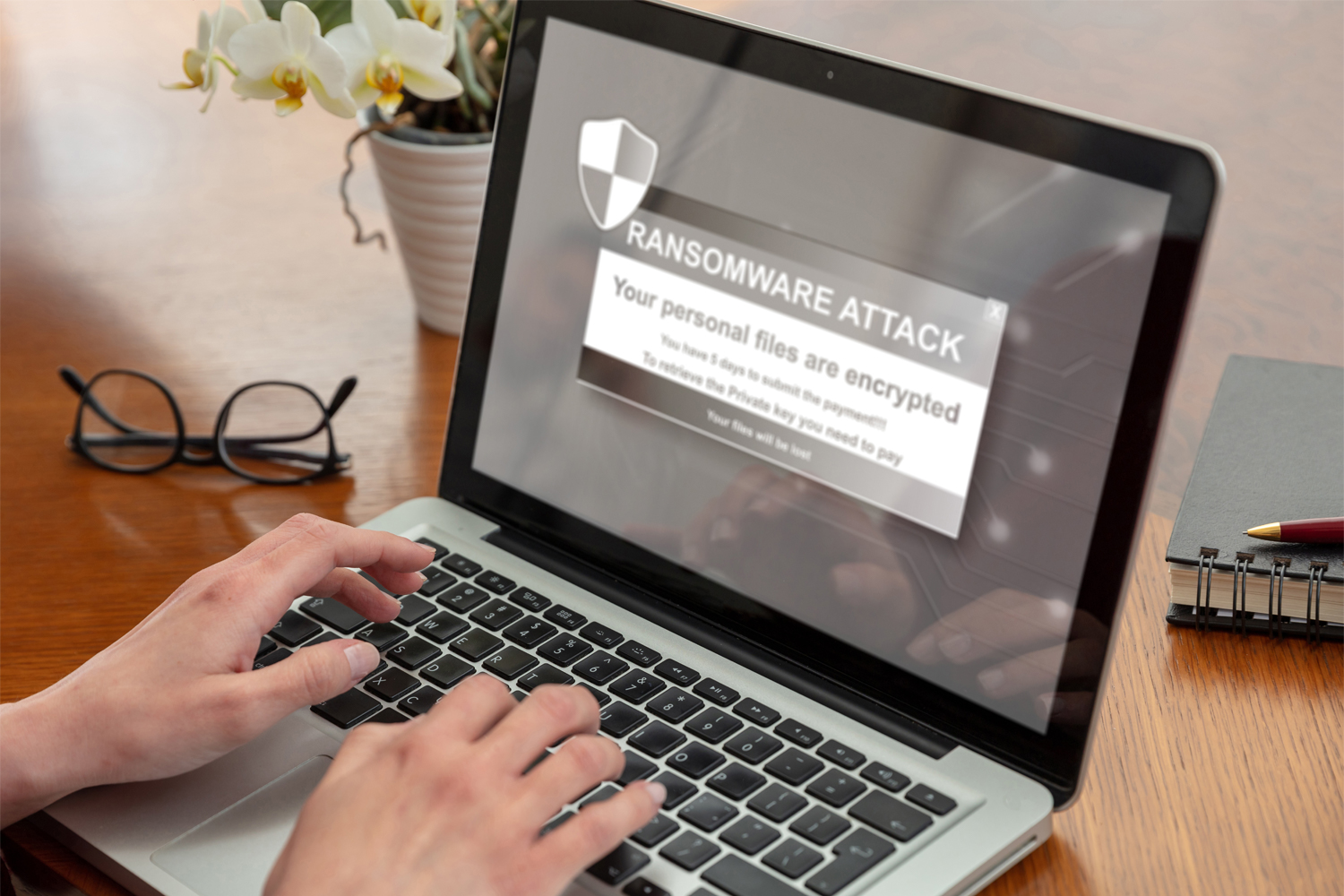Incident Response
Fast Response Time
Automated Alerts
Contingency Plan
Cloud Backups
Ensure business continuity in the face of a cyber-security incident by creating an incident response plan with Carrera’s IT team.
We will help you plan for and respond to cyber-security incidents by using the latest antivirus and backup software to protect and recover your business’s data. Whether you’ve clicked a link in a phishing email, or your data has been encrypted by ransomware, you can have confidence in knowing that your data is protected, and your business can continue to operate with as little disruption as possible.

Our team of experts will work with you to develop an incident response plan that fits your business’s unique needs, so you can be confident that you’re prepared for any eventuality. Our incident response plans consist of threat prevention and detection, data protection and recovery, live threat response, and post-incident analysis. You can rest assured that potential security breaches are identified and responded to quickly and that your data is protected.
We have partnered with Acronis to provide Acronis Cyber Protect, the only cyber protection solution that natively integrates data protection and cybersecurity. With Acronis Cyber Protect, your data is securely backed-up using cloud technology ready for fast and reliable data recovery when needed. Acronis also uses intelligent antivirus threat protection, that alerts our team when malware is identified on a device and uses a comprehensive approach to remove the threat safely. By combining data protection and cybersecurity into one unified solution, we are able to streamline business security processes, improving management and threat response. Our partnership with Acronis means that our customers can enjoy peace of mind knowing that their business’s data and systems are secure.
6 Steps to Cyber Security Incident Response
A comprehensive incident response plan is vital for business continuity in the face of a cyber security incident. It will ensure that you are able to respond quickly to security incidents, reducing downtime, data loss, and financial and reputational damage to your business. Your business will be able to continue to operate, maintain its customer trust, and fulfil its obligations even after a cyber-attack.


